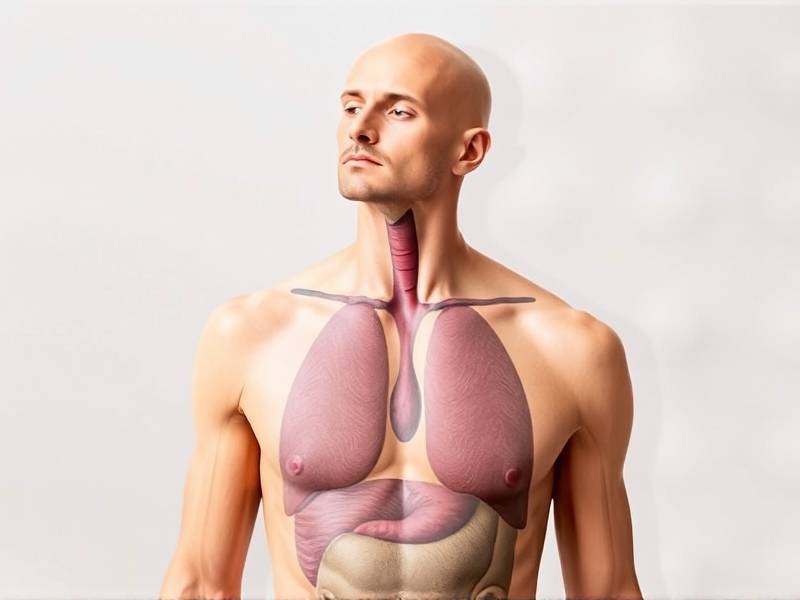How Does the Body Improve After Quitting Smoking?
The Transformative Journey: How the Body Thrives Post-Quitting Smoking
Introduction: The decision to quit smoking is a life-altering one, and it's not just about breaking a habit; it's about embarking on a transformative journey. As the body starts to heal from years of tobacco exposure, it undergoes remarkable improvements that can significantly enhance one’s health and well-being. Let's explore the fascinating ways in which the body improves after quitting smoking.
Immediate Benefits

1. Oxygen Supply Within 20 minutes of quitting, your blood pressure and heart rate start to decrease, improving oxygen flow throughout your body. This can lead to an immediate boost in energy levels and overall vitality.
2. Improved Taste and Smell Within a few days to weeks, your senses of taste and smell begin to return. This means you can fully appreciate the flavors of food and enjoy scents that were previously muted by tobacco smoke.
3. Reduced Risk of Cardiovascular Issues The risk of heart disease begins to decline shortly after quitting smoking. Over time, this reduces the chances of heart attacks and strokes as your arteries clear out nicotine-induced plaque buildup.
Medium-Term Improvements
4. Lung Function Enhancement In approximately 2-12 weeks after quitting, lung function starts to improve. This can be measured through spirometry tests and is a clear sign that your lungs are regaining their strength.
5. Enhanced Immune System Your immune system becomes more robust within a few months post-quitting smoking. This means you are better equipped to fight off infections and diseases.
6. Improved Digestive Health The digestive system often benefits from decreased inflammation and improved blood flow due to reduced exposure to tobacco smoke.

Long-Term Benefits
7. Reduced Risk of Chronic Diseases Years down the line, ex-smokers enjoy significantly lower risks for chronic conditions like COPD (Chronic Obstructive Pulmonary Disease), emphysema, lung cancer, and certain types of cancer like mouth, throat, esophagus, pancreas, bladder, kidney, liver, stomach, colon/rectum cancer.
8. Improved Cognitive Function Smokers often experience memory lapses or difficulty concentrating due to nicotine's effects on brain function. Over time after quitting smoking, cognitive abilities tend to improve.
Conclusion: The journey towards quitting smoking is undeniably challenging but well worth the effort when considering how profoundly it can transform your health and quality of life. As you take each step towards becoming smoke-free, remember that your body is actively working on reversing years of damage caused by tobacco use—a journey filled with immediate relief as well as long-term improvements in health and well-being.
Remember that support from friends, family members or healthcare professionals can make this transformative journey easier and more rewarding for everyone involved in your quest for better health after quitting smoking.
